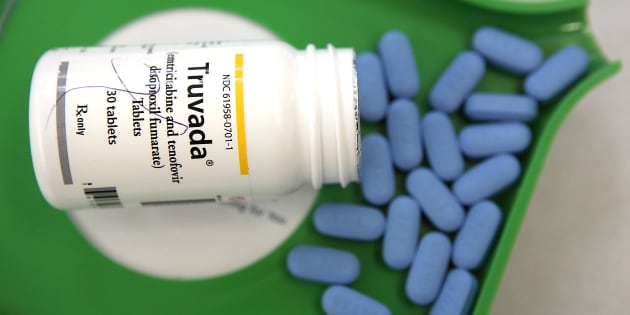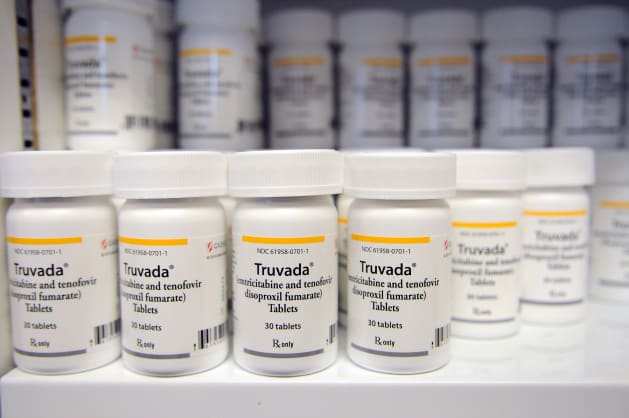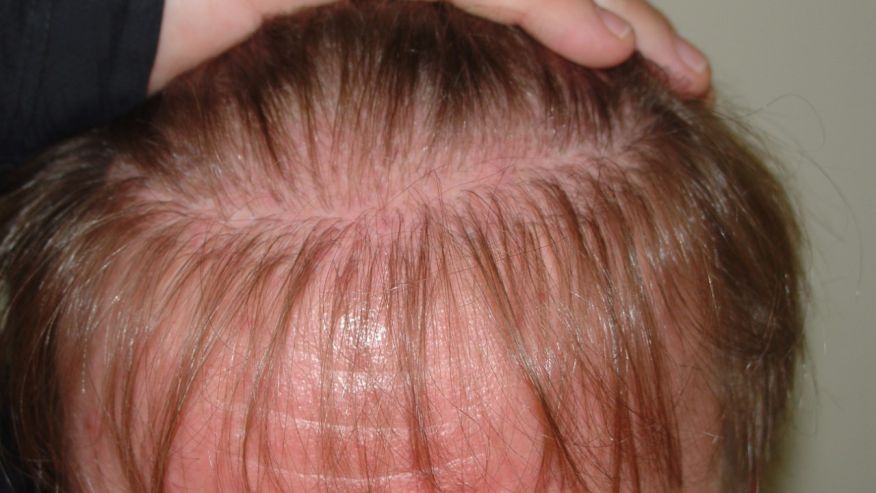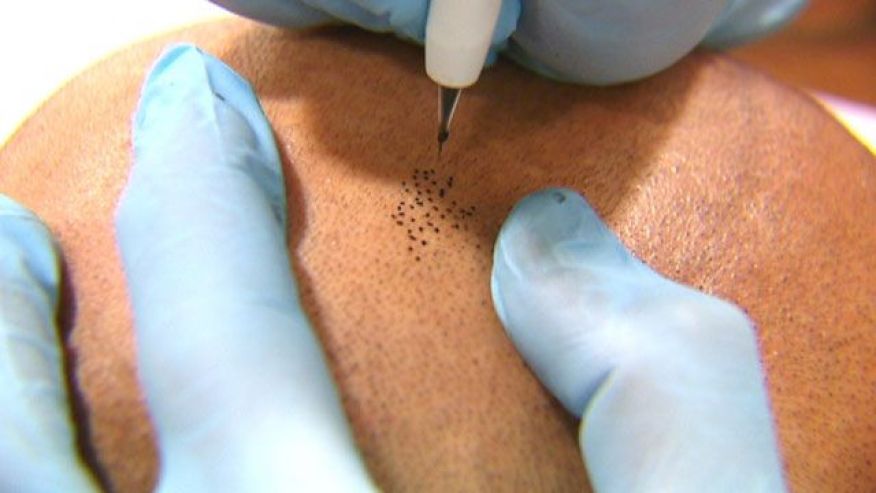
More than 30,000 Australians who are at high risk of contracting HIV may soon be able to access a taxpayer-subsidised preventative drug, should a Federal government health body approve its listing on the Pharmaceutical Benefits Scheme (PBS).
The drug used in HIV pre-exposure prophylaxis (PrEP), Truvada, has been approved by the Therapeutic Goods Administration for use in Australia, and is currently being used in several trials across the country for people at high risk of contracting HIV.
The drug has also been hailed as the silver bullet in the fight against HIV and three variant brands of the drug, sponsored by Gilead Sciences and produced by Mylan Australia, are currently listed on the PBS as treatment for people who have already contracted the disease.
Different studies have found PrEP could have an effectiveness rate of stopping HIV infections upwards of 90 per cent.
Last year, the Pharmaceutical Benefits Advisory Committee (PBAC) rejected proposals for the PBS listing to be expanded as a preventative measure for people yet to contract HIV, meaning Truvada is available in Australia, but its price is prohibitively high for many who are unable to take part in the trials and who would benefit from it — including an estimated 31,000 people who meet the ‘high risk’ criteria.
According to a PBAC statement provided to HuffPost Australia on Monday, a spokeswoman for the Federal Department of Health said the Federal body revisited last year’s decision in July and considered submissions to expand Truvada’s PBS listing so that the drug would be available for preventative use.
“There are now three brands of the medicine tenofovir with emtricitabine (including the Mylan brand) listed on the PBS for the treatment of people with HIV,” the statement said.
“At its July 2017 meeting, the Pharmaceutical Benefits Advisory Committee considered a submission from Mylan to list its brand of tenofovir with emtricitabine on the PBS for HIV pre-exposure prophylaxis (PrEP).
“The PBAC outcomes from this meeting will be made public on the PBS website on 18 August 2017.”
If the renewed assessment of the drug by the PBAC comes back positive, the drug will still need to go through price negotiations, quality and availability checks and then be approved by the Turnbull government, according to the Sydney Morning Herald.
While that process could be lengthy, there has been previous political support thrown behind the drug.
The PBAC review comes after Federal Opposition leader Bill Shorten wrote to Prime Minister Malcolm Turnbull in March, asking for the government to intervene and ensure PrEP is listed on the PBS, and to expand trials of the drug in Australia.
While around 8000 people are currently involved in PrEP studies and trials in several states, Shorten said he was concerned that there are many people not able to be enrolled in the trials and not able to access the drug.
“You would be aware that for HIV negative people who are at high risk of HIV, PrEP has been proven to be highly effective in preventing HIV transmission,” he wrote at the time.
“Australia has a proud history in HIV care, treatment, research, and prevention. Our response to the AIDS epidemic in the 1980s brought our public health response into the mainstream and changed practice around the world. From our perspective, better access to PrEP is the next phase in this public health response and a critical component of getting to zero, along with regular testing and Treatment as Prevention (TasP).”
Further to that, two Australian federal politicians in Labor MP Tim Watts and Greens Senator Robert Simms also joined the campaign and called on the government to expand the access of the drug.
“PrEP has been achieving positive results overseas. With France and the U.S. making this available, Australians have a right to wonder why we don’t also have access,” Simms in 2015.
“Australia is also lagging behind in terms of other prevention tools like rapid HIV tests and home testing. The government should be doing all it can to make these available so that Australians have access to the broadest, most effective range of HIV prevention tools.”
[“source-profit.ndtv”]



















